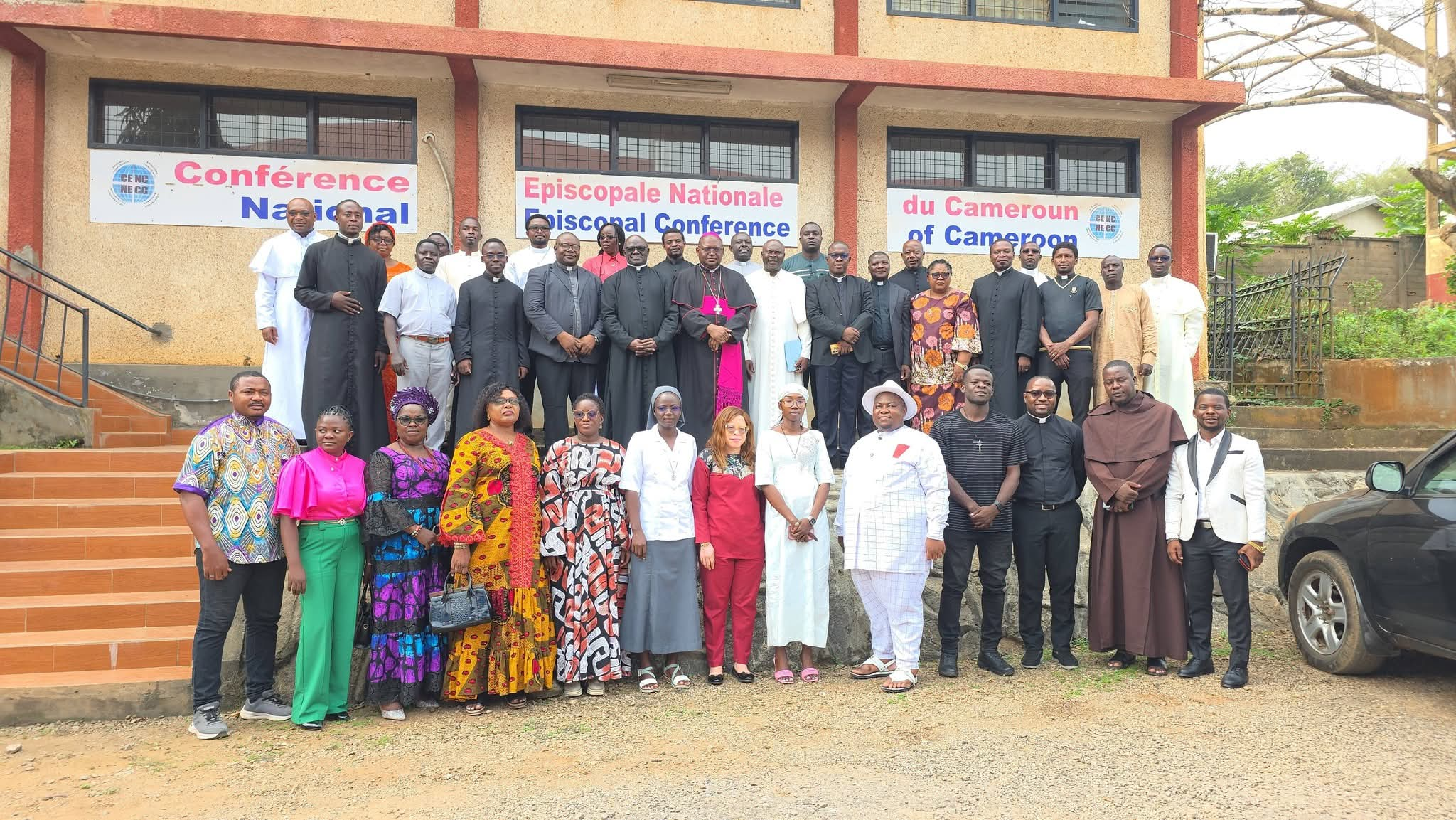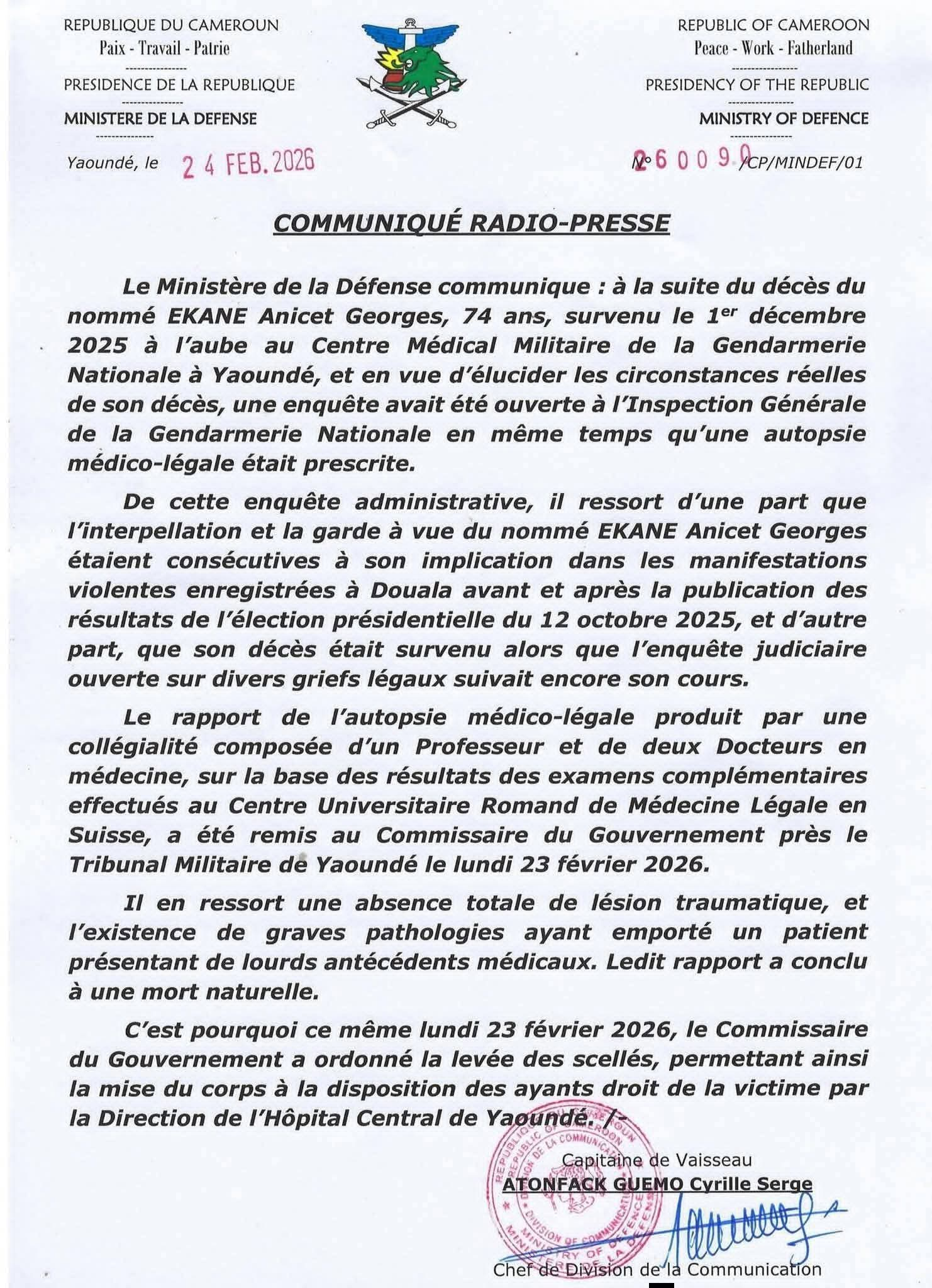The plan by the Ghanaian government to convert an estimated $3.3bn in loans owed to the Bank of Ghana into bonds is according to sources familiar with the matter is one of the trending stories in the Ghanaian press on Wednesday.The Graphic reports that Ghana is planning to convert an estimated $3.3bn in loans owed to its central bank into bonds, according to sources familiar with the matter.
This move would make the central bank the largest holder of domestic government securities, while also exposing it to ongoing debt restructuring.
The bonds, to be issued by the finance ministry, will also cover interest owed to the Bank of Ghana.
The government’s debt to the central bank has increased in recent years, and Ghana is in the process of restructuring its public debt as a condition for a $3bn bailout from the International Monetary Fund.
The restructuring involves asking investors to swap $11.2bn worth of local government securities for new notes with less favorable terms.
Ghana has been shut out of international markets since it suspended interest payments on $13bn worth of eurobonds.
The country is also in talks to restructure its bilateral and external debt with the aim of reducing public debt to 55% of GDP by 2028.
A spokesperson for the central bank declined to comment, while a spokesperson for the finance ministry did not immediately respond to a request for comment.
The newspaper says that Ghana and six other countries have pioneered trading activities under the African Continental Free Trade Area (AfCFTA).
The official trading under the free trade area began on October 7, 2022, after nearly 22 months of preparatory works including putting institutional structures at the secretariat in Accra, Ghana.
The first such trans-border trading was a shipment by Kasapreko Company Limited and Ghandour Cosmetics Limited on January 1, 2021.
The six other countries involved in the trading are; Cameroon, Kenya, Egypt, Mauritius, Rwanda and Tanzania. Products traded included ceramics, palm oil, car batteries and coffee.
It put into motion a huge ambition to create the largest free trade area in the world measured by the number of countries participating.
The pact connects 1.3 billion people across 55 countries with a combined gross domestic product (GDP) valued at US$3.4 trillion.
According to the World Bank, the initiative has the potential to lift 30 million people out of extreme poverty, but achieving its full potential would depend on putting in place significant policy reforms and trade facilitation measures.
Creating a continent-wide market would require a determined effort to reduce all trade costs. African governments will also need to design policies to increase the readiness of their workforces to take advantage of new opportunities.
To take advantage of the initiative, the Government of Ghana (GoG) has put in place an institutional framework to help maximise gains from the AfCFTA.
The Ghanaian Times reports that the annual Technology Job Fair (TJF) meant to give potential employers and employees the opportunity to recruit and be recruited has been launched in Accra.
The 2023 edition of the Tech Job Fair (TJF), scheduled to come off on Wednesday, February 22, 2023 at the Accra International Conference Centre (AICC), will be held on the theme “Leveraging technology to create inclusive and sustainable jobs”.
An initiative of the Institute of ICT Professionals Ghana (II¬PGH), and sponsored by AFOS Foundation, the one-day job fair will bring together companies looking for new talents, on one hand, and job-seeking graduates on the other to exhibit and fill up job openings through an innova¬tive rapid recruitment process.
Speaking at the launch, the Chief Executive Officer (CEO) for the Ghana Investment Fund of Electronic Communications (GIFEC), Mr Prince Ofosu Sefah, noted that the TJF was in line with the government’s agenda to bridging the unemployment gap in the country.
“One of the things I like most about the upcoming Tech Job Fair is the fact that once again it is going to create an opportunity for industry players to interface with tech job seekers so they can dialogue on how best tech job vacancies can be filled. Govern¬ment therefore throws its full weight behind the 2023 Tech Job Fair. My assurance to IIPGH and AFOS Foundation and all partners is that government will continue to support initiatives such as these.”
The Director General for National Information Technolo¬gy Agency (NITA), Mr Richard Okyere-Fosu, in a speech read on his behalf, highlighted that the country was thriving ondigital¬isation and stressed the need for businesses and individuals to be digitally inclined to stay relevant in the industry.
The Project Manager of AFOS Foundation and DigiCAP.gh, Hanna Schlingmann, said, “We are very optimistic that the young professionals who have participated in the DigiCAP training have amazing career op-portunities ahead of them. With the Digi CAP Junior Consultant Programme, the AFOS Founda¬tion encourages young talents to develop an entrepreneurial spirit so they can become not only well-paid employees, but even well-paying employers.”
“A good investment we can make is to open our doors to engage with the new generation not as potential competitors but as emerging professionals, col¬laborators and innovators for our shared future,” she stressed.
The Executive Director of IIPGH, Mr David Gowu, said the demand for technology-related jobs in Ghana was growing and was forecast by the International Finance Corporation to reach 9 million by 2030.
He said it was in that direction the IIPGH would highlight the skills openings in the technology space.
The Executive Director indicated that the fair sought to provide the avenue to understand the needs and expectations of all stakeholders.
The newspaper says that President Nana Addo Dankwa Akufo-Addo has reorganised his government with the nomination of three per¬sons to replace the three minis¬ters who have resigned from his government in recent weeks.
In accordance with Article 78(1) of the 1992 Constitution, the nominations and subse¬quent appointment of the ministers designate are subject to the approval of Parliament.
The new entrants include Adansi Asokwa MP, Kobina Tahir Hammond, as Trade and Industry Minister to replace Alan Kwadwo Kyerematen, and Abetifi MP, Bryan Acheampong who replaces Dr Akoto Owusu Afriyie as Food and Agriculture Minister.
Former Director-General of the State Interest and Gov¬ernance Authority, Stephen Asamoah Boateng makes a come-back into government as Chieftaincy and Religious Affairs Minister to replace Ebenezer Kojo Kum, MP, Ah¬anta West.
In a communication to the Speaker of Parliament, the President has nominated Karaga MP, Mohammed Anim Adam, as Minister of State at the Finance Ministry to replace the sacked Charles Adu Boa¬hen.
A Deputy Minister of Local Government, Decentralisation and Rural Development and MP for Akuapim South, Osei Bonsu Amoah, has been elevat¬ed as Minister of State at the same ministry.
Mr Herbert Krapah, a Depu¬ty Trade and Industry Minister, according to the communique, has been transferred to the En¬ergy Ministry as a deputy.
Nyiaeso MP, Dr Stephen Amoah, would now head to the Ministry of Trade and Indus¬try as a Deputy to replace Mr Krapah.
In the letter addressed to the Speaker, the President said the reorganisation were occasioned by the resignations.
He prayed the House to quicken the vetting process to enable the nominees to take up their new roles in the service of the government.
Referring the nominations to the Appointments Commit¬tee on the floor of Parliament in Accra yesterday, Speaker of the House, Alban Sumana Kingsford Bagbin, expressed the hope that the new entrants passed the vetting.




